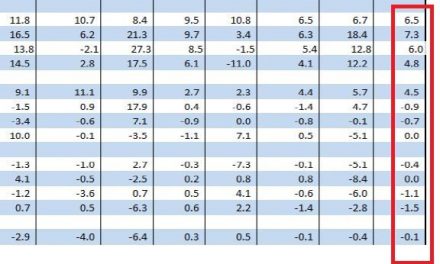
Paratus delighted with court case win over City of Windhoek

Paratus Group Chief Executive and Executive Chairman designate, Barney Harmse this week was visibly delighted with the outcome of the Supreme Court case between them and the City of Windhoek.
Harmse said on 19 July the court ruling in their favour proves that the attempt by the City of Windhoek to disrupt the telecommunications provider’s operations, was illegal.
After undue obstruction to continue with their work in Windhoek, Paratus applied to the High Court for an injunction to prevent the City of Wlindhoek from interfering with their trenching operations. The City lodged an appeal against the High Court order, which was turned down by the Supreme Court.
“We at Paratus Namibia are very proud to be Namibians and we consider ourselves privileged to be in a country where the Rule of Law prevails. This case exemplifies that. Even though we do not harbour any bad feelings towards the City, we will stand our ground if they decide to continue disregarding our right to install infrastructure in the local authority area,” added Harmse.
He further said “this extended legal battle has racked up huge costs as you can imagine, costs that the taxpayer inevitably become liable for.”
“The intimidation by the City Police on behalf of the City of Windhoek caused us to lose millions and it does not look like it will stop, therefore we reserve our right. The fight does not stop here,” emphasised Harmse.
He said their mission as Paratus is to transform Africa through exceptional digital infrastructure and customer service.
“This affair was merely a momentary distraction from the bigger picture, and we will continue to invest in infrastructure and connect Africa as is not only our right but our obligation. Our track record speaks for itself,” concluded Harmse.
Justifying their actions against Paratus Namibia, the City of Windhoek said they were protecting public space from abuse for purpose of self-interest, in line with the Local Authorities Act (Act No. 23 of 1992.).











































